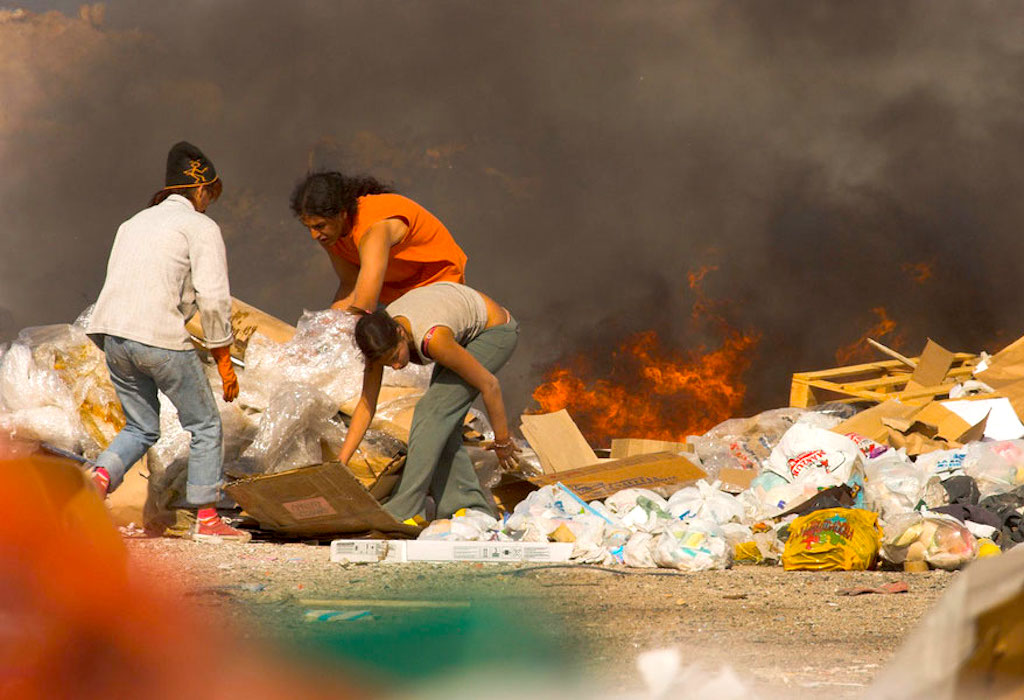3 Mins Read
In August this year, Argentina changed its definition of what counts as “waste”, a move that could enable the import of millions of tonnes of low-grade plastic waste scraps discarded in the United States. Environmental campaigners have voiced their concerns, saying that Argentina could turn into the “sacrificial country” for plastic waste, potentially taking over the role that China used to hold as the biggest importer of plastic waste until the outright ban was enacted last year. Since China’s ban, many other developing nations in Southeast Asia have been battling waste imports, sparking a global panic regarding how to control plastic waste.
The decree, signed by Argentinian President Mauricio Macri in August, reclassifies materials that are meant to be recyclable waste as commodities, which will allow loose oversight over contaminated mixed plastic scraps that often needs to be left in landfills or destined for incineration. Since the news, many social and environmental activists and groups have spoken out about their worries that Argentina could become the country to take in all the plastic waste, including contaminated batches, from developed nations.
Executive director Jim Puckett of the Basel Action Network, an organisation combating the issue of toxic waste exports from industrialised countries to developing nations, said that this move signals that Argentina is “willing to become a sacrificial country where the rest of the world could send their waste and they could profit from it.”
In other words, Argentina taking over from China’s former position ever since the Asian giant decided to refuse all but the cleanest shipments of plastic waste since January 2018. Despite 180 world countries being parties to the Basel Convention, which governs the international waste trade and includes regulations against exporting low-quality plastic waste in a recent amendment, many Southeast Asian developing countries have filled the void, unwillingly taking in contaminated waste imports that would have initially gone to China. Both the United States and Argentina have vocally disagreed with these new amendments to the convention for stricter controls over low-grade plastics.
“One of the concerns we have is this can boost an incinerator industry in the country, or waste burning in cement plants,” said Buenos Aires-based environmental advocate Cecilia Allen to the Guardian. This is alarming because incineration has long been associated with major health complications stemming from the massive air pollution it generates.
Since China closed its doors, Vietnam, Malaysia and Thailand have become dumping grounds for oft-contaminated foreign plastic and electronic waste imports from intermediaries and private corporations responsible for handling waste from industrialised societies like the United States, United Kingdom and Europe. Vietnam, in particular, is in the middle of a plastic waste crisis after experiencing a 14% jump in imported waste scraps last year.
However, Southeast Asian countries have fought back against the environmental injustice inflicted from the United States and Europe, with many returning shipments to its originating country. The Philippines famously sent contaminated shipments back to Canada after a tense diplomatic spat, and Malaysia has also publicly ordered the redirection of 450 tonnes of mislabelled waste back to foreign countries.
But the fact remains that the global waste crisis cannot be solved by redirecting and returning shipments. After Vietnam, Malaysia and Thailand started to follow China’s lead to ban imports, tonnes of waste began showing up on the shores of Cambodia, Laos, Ghana, Ethiopia, Kenya and Senegal. What is necessary is a dramatic change in our consumption habits, and for manufacturers to tackle the massive waste produced at source in order to effectively curb the issue at the root. Without more comprehensive measures, global injustice – flowing from richer to poorer nations – will continue.
Lead image courtesy of James Frankham / WWF.




